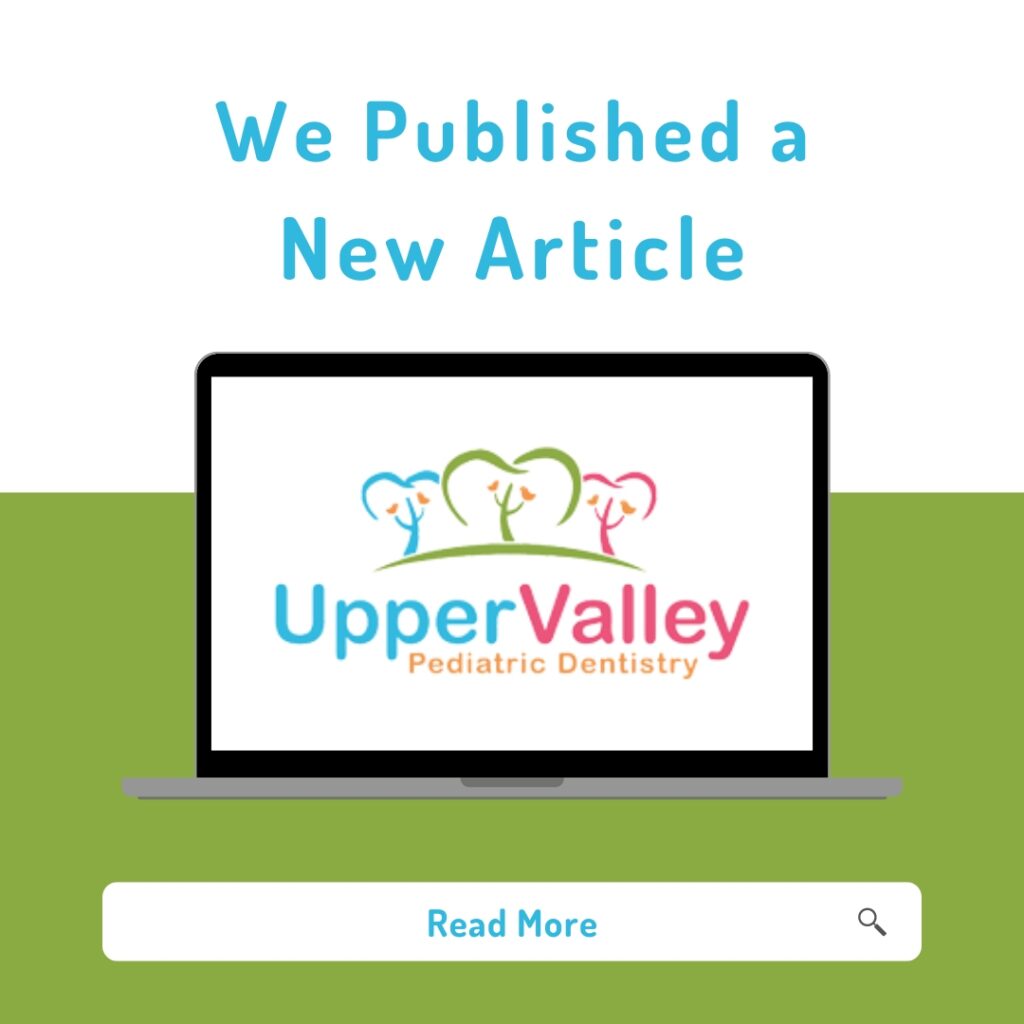
As a parent, ensuring your child’s health includes being aware of how their medications might affect their oral well-being. According to the Centers for Disease Control and Prevention (CDC), one in five children take prescription medications, and many also take vitamins or dietary supplements. While these medications are often essential, they can sometimes lead to oral health side effects. At Upper Valley Pediatric Dentistry of West Lebanon, we encourage you to keep us informed about any medications or supplements your child is taking. This way, we can monitor and address any potential impacts on their dental health. As your trusted pediatric dentist in Lebanon, we’ve outlined some common medication side effects and tips to mitigate them.
Dry Mouth
Many medications, such as decongestants and certain antibiotics, can reduce saliva production, leading to dry mouth. Saliva is vital for maintaining a healthy mouth, and without it, your child may be at an increased risk for tooth decay, inflammation, and infection. To combat dry mouth, encourage your child to drink more water, chew sugar-free gum, or snack on crunchy fruits and vegetables like apples or carrots. These simple actions can help stimulate saliva production and keep their mouth hydrated.
Fungal Infection
Children who use inhalers, especially for conditions like asthma, are at a higher risk of developing oral candidiasis, a fungal infection. Medications such as clotrimazole (Mycelex) and fluconazole (Diflucan) are commonly prescribed to treat these infections. To prevent fungal infections, it’s important to have your child rinse their mouth thoroughly with water after using their inhaler.
Abnormal Bleeding
Some medications can thin the blood, making it harder for the body to clot. This can pose a risk during oral surgery or treatments for gum disease. If your child takes medications that affect blood clotting, it’s crucial to inform our office before any dental procedures are scheduled. This will allow us to take the necessary precautions to ensure your child’s safety.
Gum Overgrowth
Though rare in children, gum overgrowth, or drug-induced gingival hyperplasia, can be a side effect of medications like the anticonvulsant phenytoin, the immunosuppressant cyclosporine, and nifedipine, which controls blood pressure in children post-liver transplant. If your child is on any of these medications, regular dental checkups are essential to monitor their gum health.
Soft Tissue Reactions
Certain medications can cause inflammation, sores, or discoloration of the soft tissues in your child’s mouth. If your child experiences discomfort due to a medication, we may be able to recommend a special oral care routine to alleviate symptoms. Let us know if you notice any unusual changes in your child’s mouth or if they experience ongoing discomfort.
Tooth Decay
While medications themselves don’t directly cause cavities, many liquid, chewable, or lozenge medications contain sugar to improve taste. These sugars can linger on teeth and increase the risk of tooth decay over time. To minimize this risk, opt for sugar-free medications when available, administer medications with meals, or have your child rinse their mouth with water after taking the medicine. If brushing is needed, wait 30 minutes to avoid enamel damage.
At Upper Valley Pediatric Dentistry, we are committed to protecting your child’s smile. If your child is experiencing any oral health issues related to their medications or if you have concerns about how their medications might be affecting their dental health, please contact us today to schedule an appointment with our experienced pediatric dentist in Lebanon. We are here to help keep your child’s smile bright and healthy!





